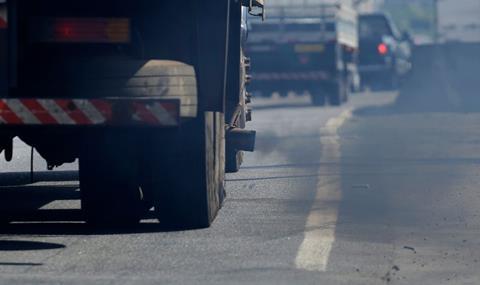
A coroner’s decision not to produce a report outlining action that must be taken to reduce air pollution, after ruling that the death of a nine-year-old girl was caused by it, has surprised lawyers.
Last week, coroner Philip Barlow ruled that air pollution had made a material contribution to the death of Ella Adoo-Kissi-Debrah, who lived in Lewisham, south east London.
It is the first time in the UK – and possibly the world – that pollution has been recognised as the cause of someone’s death.
In cases where a coroner has concerns that future deaths will occur and that action should be taken to reduce the risk, they are expected to produce a report – called a prevention of future deaths (PFD) – to the person they believe has the power to take action.
Tim Culpin, partner at Aaron & Partners solicitors, said Barlow could have made a PFD without apportioning blame and making it general in application: “The coroner appears to have made ‘legal history’ with his ruling that pollution was a cause of death; I am surprised that he did not make a PFD,” Culpin said.
“That said, controlling air pollution is certainly something that the government is working on with the introduction of the ultra low emissions zone in London and other similar zones in other cities.
“There has also, of course, been the recent commitment to avoid emissions from fossil fuel vehicles.
“Sadly none of this can be done with a click of the fingers and will take time, but it does appear that this is a high priority.”
The coroner’s ruling came as Europe’s largest truck makers pledged to halt the sale of diesel vehicles by 2040 and the sale of new petrol and diesel cars including hybrids will be banned by 2035.













![DP World Modal Shift Programme Image[72690]](https://d2cohhpa0jt4tw.cloudfront.net/Pictures/100x67/4/9/7/17497_dpworldmodalshiftprogrammeimage72690_781836.jpg)
